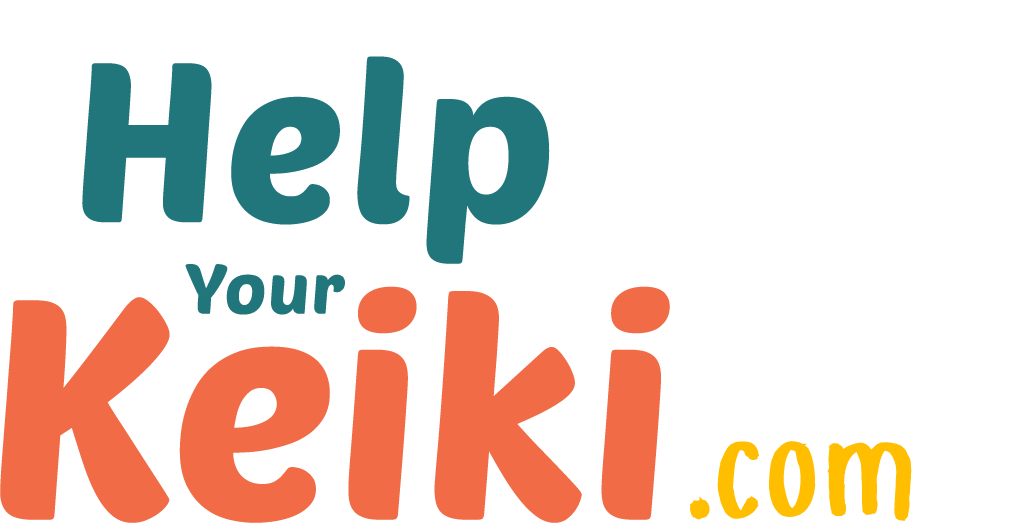When choosing a therapist:
What kinds of children’s mental health issues do you address in your practice?
How much experience do you have in treating a child with similar symptoms to my child?
What kind of training have you received in treatments that have been proven effective in alleviating some of the symptoms that my child is experiencing?
How much will I be able to help set treatment goals for my child and participate in the treatment?
When deciding on a treatment with your child’s therapist:
Tell me your understanding of my child’s problem developed, and our overall approach for helping them.
Tell me about the short- and long-term courses of my child’s problems.
What type of therapy do you think will be of the most help to my child in their particular situation? Why?
What are the alternative treatments, if any?
If you are not recommending any evidence-based treatment, why not?
Are there any materials I can read to become more knowledgeable about my child’s needs and treatment options?
How long do you expect my child to be in treatment? How many therapy sessions will my child need? Also, how often are we going to meet?
How will you monitor my child’s progress over time?
Is there any potential for harm associated with the recommended treatment? If so, how do the benefits outweigh the risks?
An essential part of treatment involves ongoing data collection and monitoring of your child’s progress. Additionally, review of your child’s progress should be done side by side with your therapist on an ongoing basis to help strengthen gains and problem solve around difficulties. As an example, the majority of families in CAMHD should be filling out the Ohio Scales questionnaire (Parent Version and Child Version) and should have their results routinely reviewed with them. If your care coordinator is not collecting data or reviewing it with your family, you should request that they do so.
When your child is receiving a particular treatment:
How does this treatment promote my child’s abilities/strengths and interests?
How involved will I be in my child’s treatment and how will you keep me up-to-date on progress?
What should I be doing at home to support my child’s treatment?
Tell me about others’ (e.g., parent, teacher, siblings) roles in addressing their concern.
What should we do if my child’s symptoms get worse or we don’t see any improvement?
What should I do if we have a crisis between treatment sessions or I need immediate help?
When your child is prescribed medication:
How will the medication help my child?
How much does research support the use of this medication for a child that is my child’s age and has similar symptoms?
How long will it be before we see improvement?
What are the common side effects of the medication? Are there any potentially harmful side effects? How often do they occur?
Will my child need to be tested while on the medication?
Are there any known interactions between this medication and other medication(s) my child is taking? Over-the-counter medications? Certain foods?
Are there any activities my child should avoid while on this medication?
What should I do if my child misses a dose or becomes sick?
How long will my child need to take the medication? Are there any steps that need to be taken before the medication is stopped?
Do I need to tell someone at school that my child is taking this medication?
We Welcome Your Feedback
In order to improve the content of Help Your Keiki, we would love your feedback on the site. Follow the link for a quick survey!





















